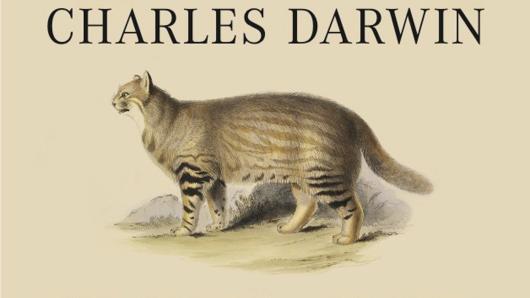Darwin's On The Origin of Species and the Reshaping of the Victorian Novel

Associated Schools



In 2009, Charles Darwin turned 200 and his most famous work, On The Origin of Species turned 150, initiating fresh discussions about the work's significance in its time and in our own, as well as its influence on the literature of his day. Appearing in 1859, the Origin fundamentally changed Western society. It provided a new way to view life on Earth and our place in it, not unlike earlier scientific revolutions precipitated by Copernicus, Galileo, and Newton. In addition to challenging ideas in science, religion, and philosophy, the Origin also had a profound impact on Victorian literature. In this course, we take the time to read the Origin in its entirety, focusing both on Darwin's ideas and the structure of his arguments. Then we look at the influence of the Origin on Victorian literature, specifically, George Eliot's Middlemarch, Thomas Hardy's Tess of the D'Urbervilles and H. G. Wells' The Time Machine, which reflect on nature, environment, the human subject, inheritance, adaptation, observation, change, the operation of social groups, and mutual interdependence. These works provide a compelling window on the interplay of science and literature and the ways in which writers grapple with the challenging questions of their time.